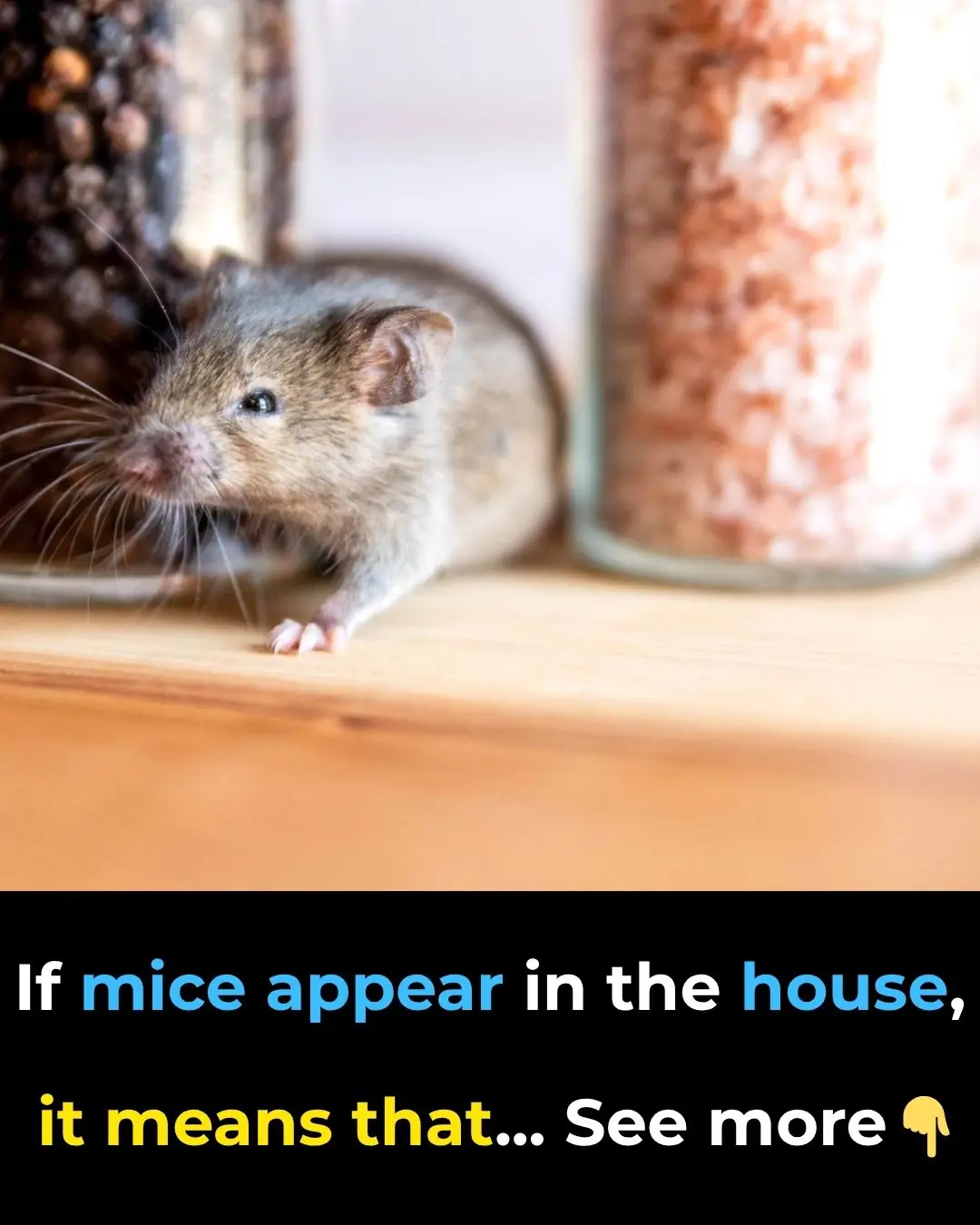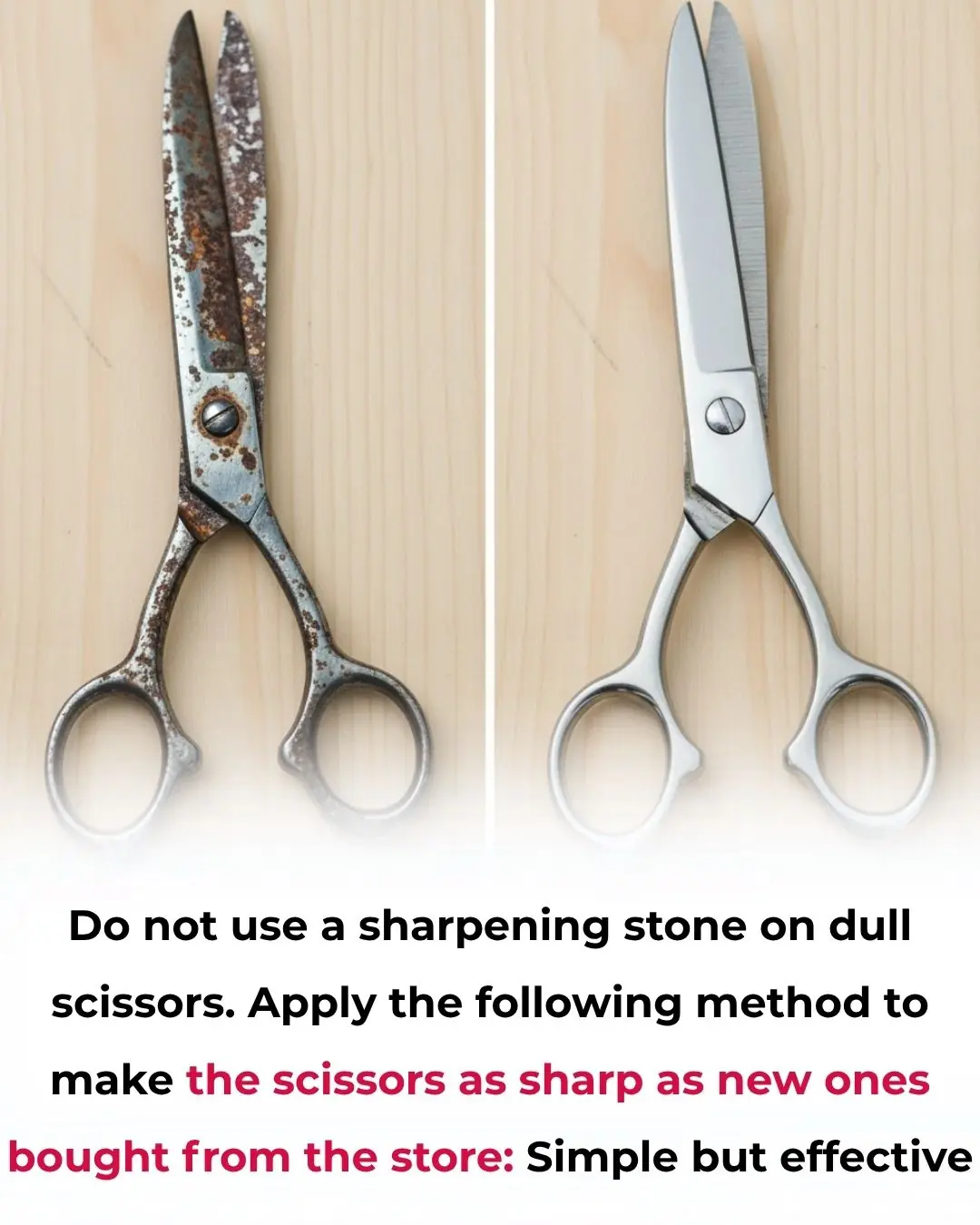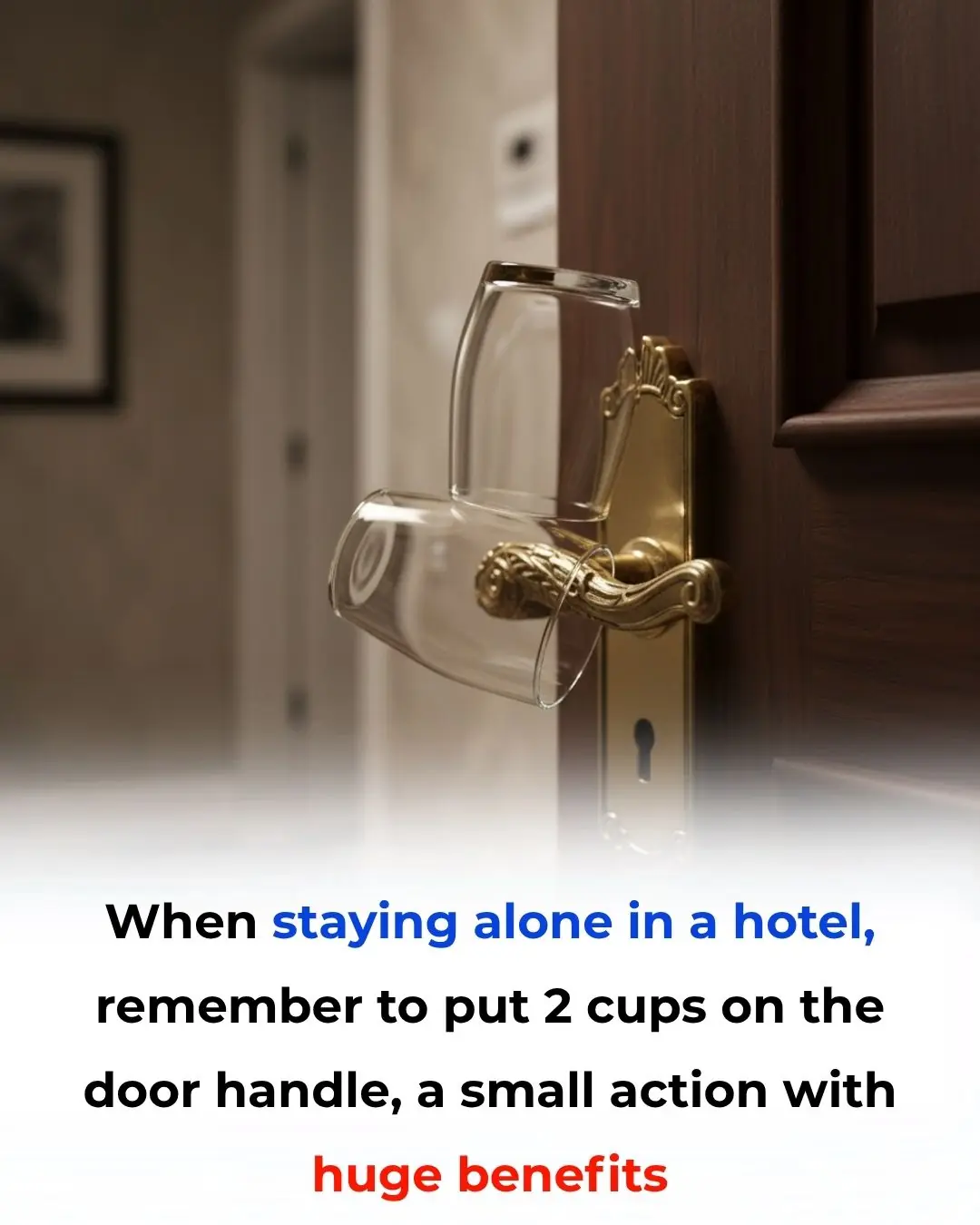
Don’t Make Your Bed As Soon As You Get Up

It seems harmless—tidying up your bed the moment you wake. But that pristine, Instagram-ready space might come at a hidden cost. Surprisingly, this everyday habit can affect your sleep quality, allergies, and respiratory health.
Let’s take a closer look at what happens overnight and why letting your bed “breathe” could be one of the simplest ways to boost your health.
Your Body Sweats and Sheds While You Sleep
Even if you don’t notice it, your body releases moisture all night long. Sweat, breath, and even the warmth of pajamas under blankets trap humidity in your bedding. This moisture doesn’t just evaporate instantly—it lingers in your sheets, pillows, and mattress.
Enter: Dust Mites
Dust mites are tiny, invisible creatures that feed on dead skin cells. They thrive in warm, damp, enclosed spaces—exactly what a freshly made bed can become in the morning.
By making your bed immediately after getting up, you’re essentially sealing in the perfect environment for dust mites to flourish.
Why Dust Mites Matter
Dust mites are one of the leading triggers of indoor allergies. Their presence can lead to:
-
Sneezing
-
Coughing
-
Itchy or watery eyes
-
Asthma flare-ups
-
Poor sleep quality
So, while your bed looks neat, it might be hiding thousands of allergens right beneath the covers.
A Healthier Morning Routine: Let Your Bed Breathe
The solution isn’t to abandon bed-making—it’s about timing and airflow. Here’s a simple, health-friendly routine:
-
Open the windows
Let in fresh air and sunlight, both of which reduce moisture and inhibit bacterial growth. -
Pull back the sheets and blankets
Loosen bedding to allow air to circulate. Fold covers toward the foot of the bed or drape them over a chair. -
Stand pillows upright or prop them up
This gives them a chance to air out and dry. -
Wait at least 30 minutes
Use this time for showering, breakfast, or your morning routine before making the bed.
Once the bed has aired out, make it tidy—but now it’s not just neat, it’s cleaner and healthier.
Redefine What “Tidy” Means
An unmade bed may look a bit messy, but consider it part of your preventive cleaning routine. Letting your bedding breathe is as important as brushing your teeth or washing your hands—simple, routine care that supports long-term health.
If you still want a visually neat room, loosely folding the covers or draping them neatly over the bed is a great compromise.
Final Thought
Making your bed is still a good habit—just not immediately upon waking. Giving your bedding a few minutes to air out can:
-
Reduce allergen buildup
-
Improve bedroom air quality
-
Promote better sleep
-
Support long-term respiratory health
So tomorrow morning, try this: open the window, pull back the covers, and let your bed—and your body—start the day fresh.
🫧 Sometimes the healthiest habits look ordinary—until you understand the science behind them.
News in the same category


Hotel Room Red Flags You Should Never Ignore

Braised meat with this type of leaf, the meat will turn golden brown, soft and melt in the mouth, without having to work hard to caramelize it with sugar.

Before cooking rice, wipe this exact spot on the rice cooker, save a ton of money

Make rice vinegar at home with only 3 ingredients, delicious and safe

Tips to remove grease from an air fryer using ingredients available at home, surprisingly effective

Why should you throw a water bottle under the bed when checking into a motel or hotel?

If mice appear in the house, it means that...

7 Common Health Issues That Keep Appearing Could Be Early Warning Signs of Cancer

Small Life Hacks That Can Be Life-Saving

How to Sharpen Dull Scissors Without a Sharpening Stone: Simple and Effective Method

When Staying Alone in a Hotel: Place Two Cups on the Door Handle – A Small Action with Big Benefits

15 Things You Should Never Do to Protect Yourself from Lightning During Thunderstorms

To cook any kind of fish, just add a handful of these leaves: the fish will lose all its fishy smell and the meat will be rich and firm.

Great tips when growing pothos, in just 3 months the plant will form a beautiful green carpet

The washing machine makes loud noises and shakes violently when spinning: Don't rush to call a repairman, just do this and the machine will run smoothly.

Defrosting meat without soaking: Chefs reveal how to make delicious meat while preserving nutrients

If the beans are cooked quickly, they will be soft and delicious in no time, saving gas/electricity.

Tea left overnight is such a waste: It has 4 great uses that very few people know about.
News Post

The Boy Who Hitchhiked 250 Miles to Meet His Hero.

A Waitress Named Susie and the Night Kindness Stole the Spotlight

The Lesson by the Lake: A Mother Bear’s Love That Teaches Survival.

A Moment of Joy: How a Playful Baby Elephant Stole Everyone’s Heart

The Coyote at the Grave: A Bond That Survived Fire and Time

Sasha’s New Chance: A Journey of Courage, Pain, and Hope

Devotion: The Lions Made of Love and Cardboard.

The “Guilty” Raccoon Who Stole Hearts Instead of Snacks.

A Metro Ride, a Meltdown, and a Miracle: How One Officer Turned a Child’s Worst Day into a Moment of Kindness the World Will Never Forget.

A Graduation to Remember: When a Police Officer Carried a Student Across the Finish Line.

A Moment of Joy: How a Playful Baby Elephant Stole Everyone’s Heart.

Meet Demi Johnson, the Teen Scientist Helping Restore Oyster Reefs in Mississippi

Holding On for a Miracle: Keontae McKinnon’s Brave Fight

A Homecoming Marked by Grief and Gratitude: The Corley Family’s Journey

From Shelter to Service: The Incredible Journey of K-9 Ron

Detroit Couple Celebrates Their 75th Wedding Anniversary And Credit Communication As The Key To A Lasting Marriage

This Mom Got Illinois To Sign A Law Banning Hair Discrimination In Schools

These Multilingual Siblings Have Created A Virtual Academy To Teach People How To Speak Other Languages

This Mother and Daughter Got The Chance To Serve On The Same U.S. Navy Ship Together
